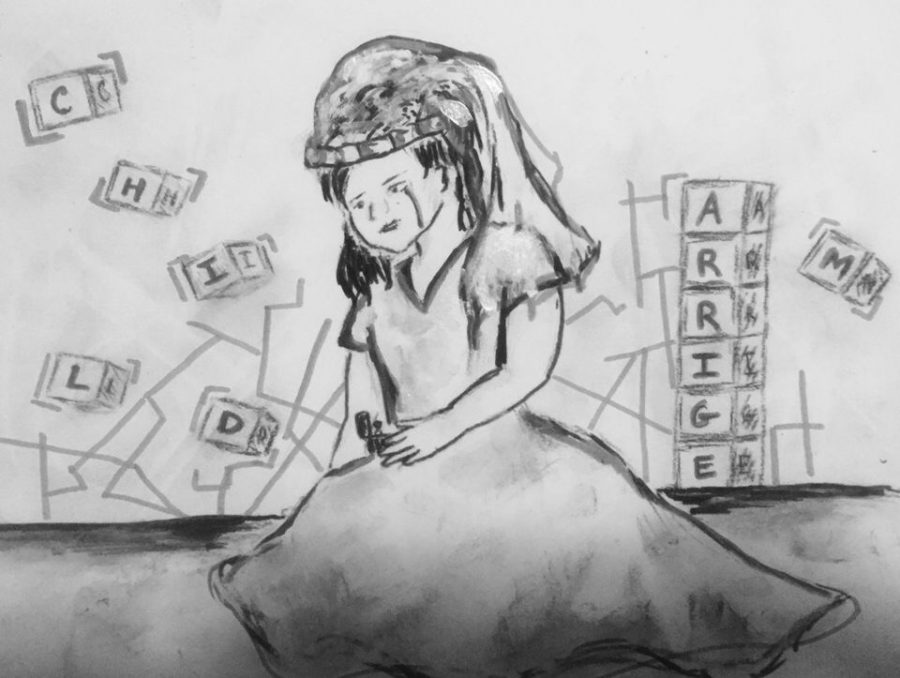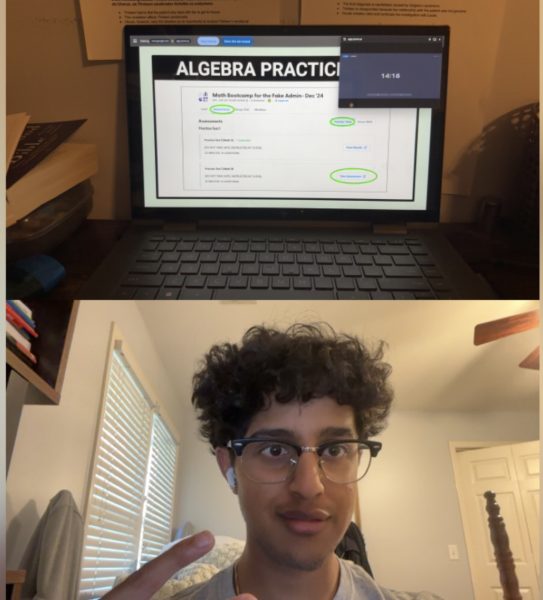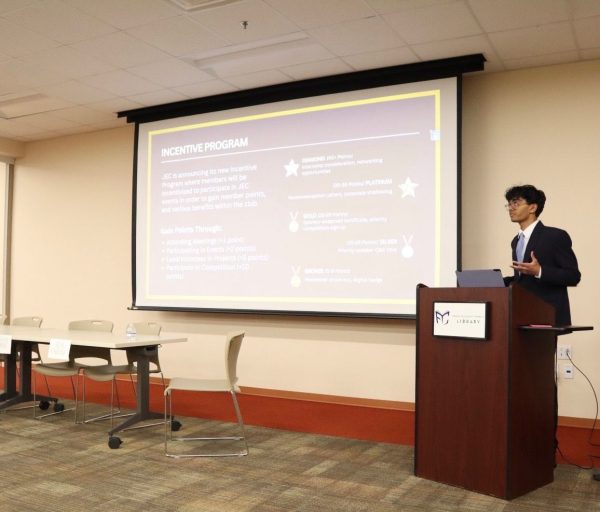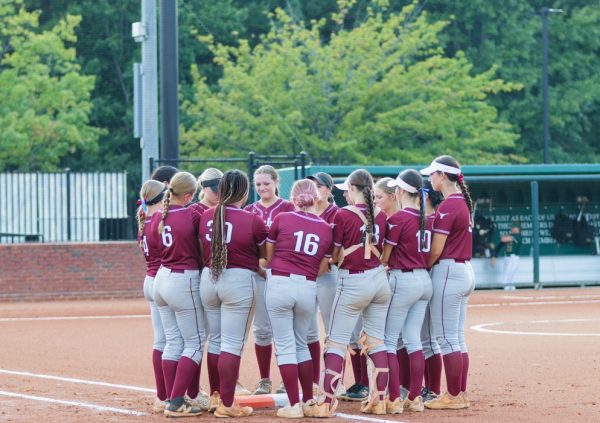Child marriage is not just a third-world problem
The United States typically isn’t the first thing to come to mind when one thinks about child marriage, especially since in most states the legal minimum age to marry is 18, yet between 2000 and 2010 about 248,000 children as young as ten were legally married in the US. Child marriage occurs legally in every state through two main loopholes.
The United States typically isn’t the first thing to come to mind when one thinks about child marriage, especially since in most states the legal minimum age to marry is 18, yet between 2000 and 2010 about 248,000 children as young as ten were legally married in the US. Child marriage occurs legally in every state through two main loopholes. Most states allow minors age 16 or 17 to get married if their parents sign the marriage license application, and state laws do not require anyone to ask a minor if they’re being pressured into marriage. Also judicial approval can lower the age restriction to 16. In many states, there is not a specified age minimum below which a judge can approve marriage. That means judges can approve marriages for couples whose ages or age differences would warrant a statutory-rape charge if they were not married.
Child marriage is slowly occurring less in the US, but it’s still occuring and has notable negative effects. Child marriage most commonly occurs between an underage girl and an adult man, leaving young girls trapped in a relationship with an older man causing an unbalanced power dynamic. Girls married as children are 3x more likely to be beaten and have a 23% greater risk of onset disease such as cancer, diabetes, and stroke. Child marriage often leads to unwanted pregnancy, and teen moms who marry before birth are less likely to return to school. Overall girls who marry under the age of 19 are 50% more likely to drop out of school, and are more likely to live in poverty.
The U.S. government recognizes the negative effects of child marriage. According to a report in 2016 by the U.S. Department of State, child marriage “undermines economic productivity, threatens sustainable growth and development, and fosters conditions that enable or exacerbate violence and insecurity, including domestic violence. It produces devastating repercussions for a girl’s life, effectively ending her childhood. Early marriage forces a girl into adulthood and motherhood before she is physically and mentally mature and before she completes her education, limiting her future options, depriving her of the chance to reach her full potential, and preventing her from contributing fully to her family and community.” The State Department even went as far as to declare it an abuse of human rights, yet it still occurs in the US.
States have avoided banning child marriage completely, citing a variety of reasons from infringing on religious customs, to fears that it will encourage pregnant teens to have abortions, or that the laws are working fine the way they are. According to the state department, over 200,000 children were married between 2000 to 2015; it is clear that the laws currently in place are not working fine the way they are. A blanket ban on all child marriage may not be the solution but the least we could do is take further strides to make sure children are not being coerced and put in dangerous situations.
The law often restricts minors from certain things citing, “the physical and emotional immaturity of teens.” Minors can’t sign contracts, can’t buy a car, can’t sign a lease on an apartment, can’t open a bank account, and they can’t even toast at their own weddings. Once a child is married, it can be an incredibly difficult situation to get out of. In an interview with Frontline, Nicole, a girl pressured into marrying a 25 year old man when she was 16, revealed that she wished someone would have asked her if the marriage was what she wanted. “I really thought that they were going to pull me aside and I was going to be able to back out of it,” she said. Instead of any official asking her if she wanted to marry a 25 year old man, a judge approved the marriage. Stricter guidelines need to be put in place to regulate the marriage of minors; the least we could do is ask a child if they want to be married. We can not, in good conscious, allow child marriage to continue the way it has been in the U.S. knowing the multitude of negative consequences it leaves behind.
Your donation will help support The Lambert Post, Lambert High Schools student-run newspaper! Your contribution will allow us to purchase equipment and cover website hosting costs.












